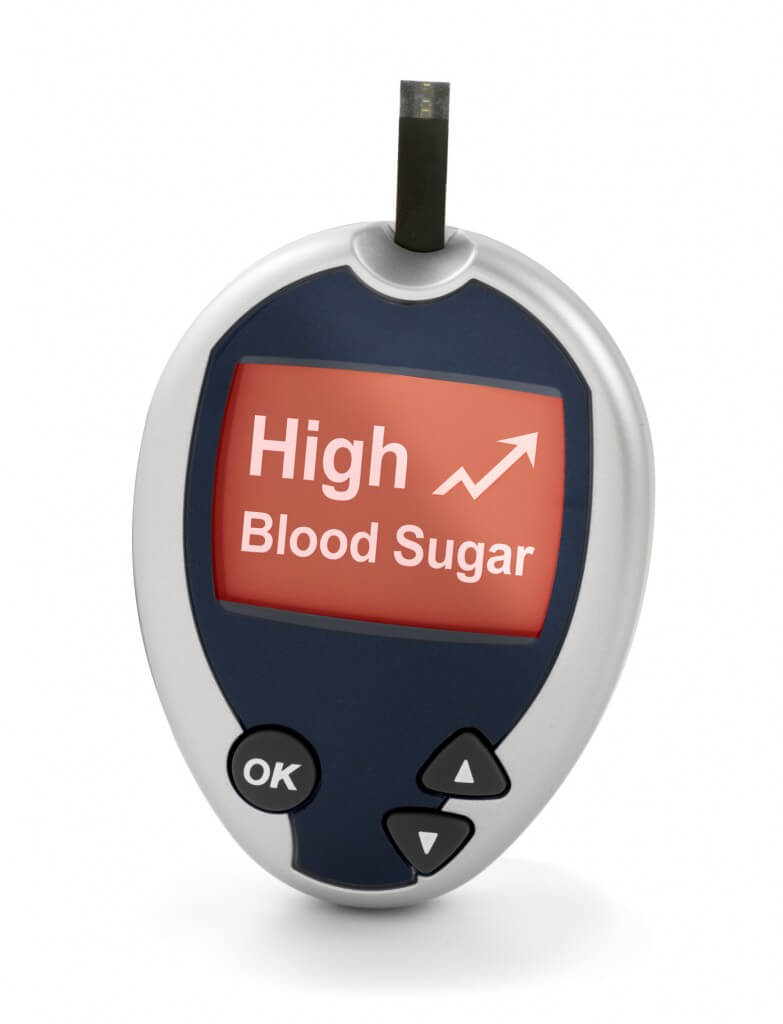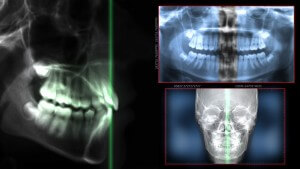
Heart disease, joint problems, lack of energy – We hear a lot about the consequences from being overweight and inactive. Diabetes gets most of the attention, since the number of diabetic Americans has ballooned to 30 million in recent years. That’s nearly 10 percent of the population, according to the Centers for Disease Control’s National Diabetes Statistics Report for 2017. That number represents a 400 percent increase in the disease prevalence in just the last 20 years.
Diabetes and your mouth
And now new research is showing that diabetes can also contribute to periodontal (gum) disease. As reported in the journal Science Daily this month, a new University of Pennsylvania study found that diabetes causes changes in the oral microbiome, or the microscopic environment of the mouth and upper throat. The elevated glucose (blood sugar) levels common in diabetics also lead to glycemic imbalance inside the mouth. That disruption creates favorable conditions for gum inflammation, leading to infection (periodontitis), and enhanced risk of bone loss from the disease.
The study clinically affirmed a previously ignored link between diabetes and periodontal disease. However, the researchers noted that the risk to diabetic individuals is greatly reduced with effective glycemic control, either through diet and exercise, or supplemental insulin treatments. Also, the team specifically called out good oral hygiene as a tool to further reduce individual risk.
Effective Gum Care
As mentioned in our blog post from last year, gum health is a critical component of good overall oral health. Gingivitis – inflammation of the gums – is caused by a buildup of bacteria found in plaque, and can lead to periodontitis. The good news is that gum disease is preventable with regular check-ups, professional cleanings and good oral hygiene at home. This includes brushing and flossing daily, and telling your Meyer & Johns dental professional if you have any pain or bleeding in your gums.
If you experience these symptoms, let us know when you make your next appointment. We’ll make sure you’re armed with everything you need to make healthy choices for both your body and your mouth.

